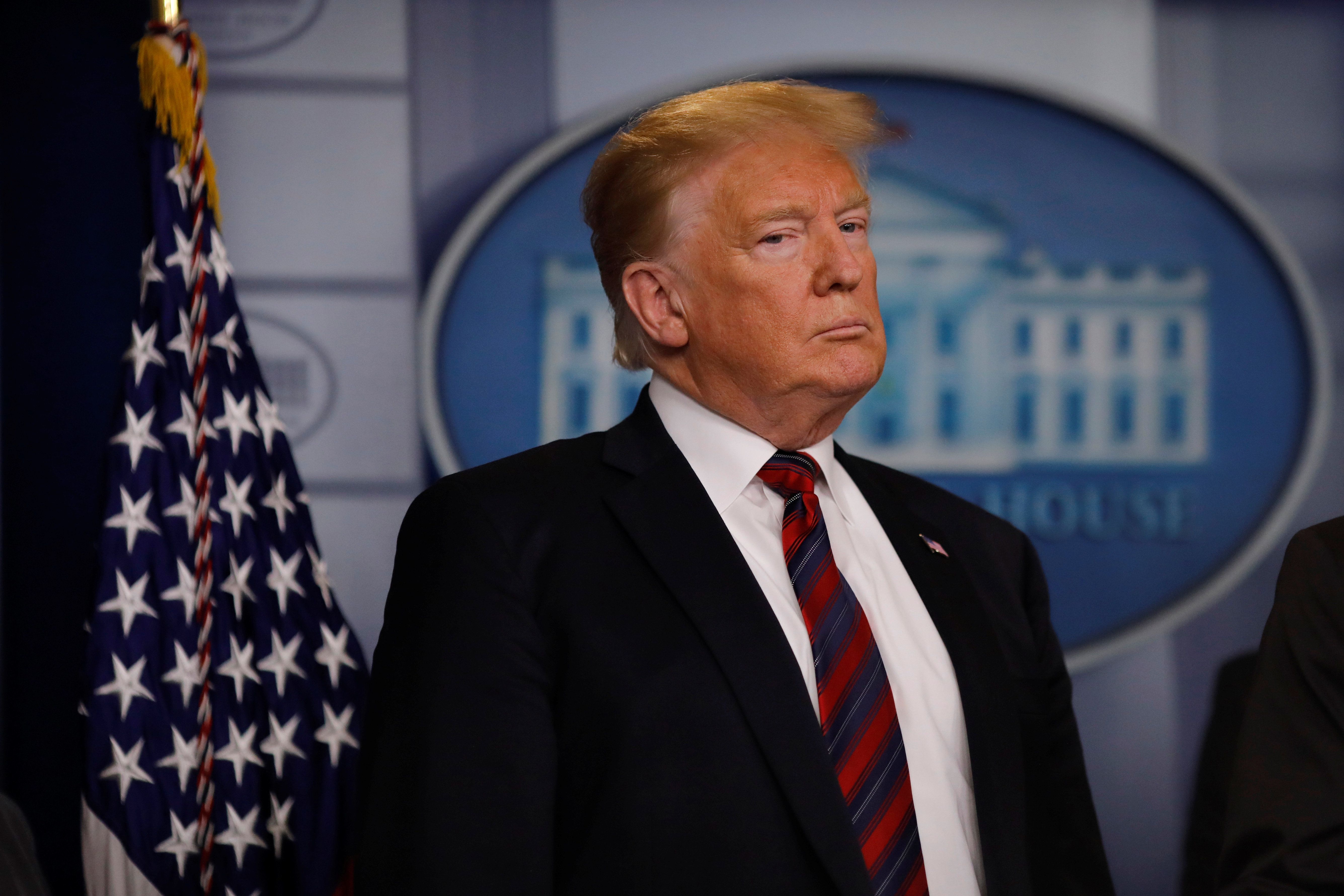Donald Trump enters 2019 locked in political combat. He says he won't sign a bill that reopens and funds the federal government unless Congress apportions enough money to build a "wall" to halt illegal immigration across the US border with Mexico. New House Speaker Nancy Pelosi has a simple message: "Forget it."
She's confident this is a fight the Democrats can't lose.
The president has plenty at stake. Influential voices in conservative media warn they'll abandon him if he backs down on the wall. Republican Senator Lindsey Graham said this week that "If he gives in now, that's the end of 2019 in terms of him being an effective president. That's probably the end of his presidency." That's overstated, but it highlights the high political stakes in the fight over border funding.
Trump has other problems. With the opening of the new Congress yesterday, Democrats now have the subpoena power that comes with their majority in the House of Representatives. They can now add to the pressures Trump already faces from ongoing investigations of his campaign, his White House, his businesses, his associates, and his family.
His biggest challenge may come from the political calculations of fellow Republicans. The midterm election losses, reemergence of Pelosi, and fevered speculation about the findings of Special Counsel Robert Mueller's widely expected report could lead Republicans to distance themselves from the president, diminishing the size of his political base.
Trump's biggest opportunity? Early this year, we'll see a dozen or more Democrats announce their candidacy for president in 2020. To distinguish themselves from rivals, they'll attack the president and announce policy proposals that shift their party to the left, reminding conservatives—lawmakers and voters—why they continue to support a president who sometimes appalls them.
That's President Trump's best chance to enter 2020 as a formidable candidate for re-election.
